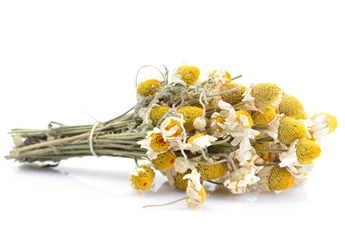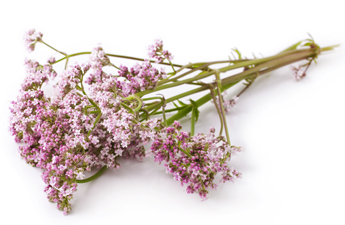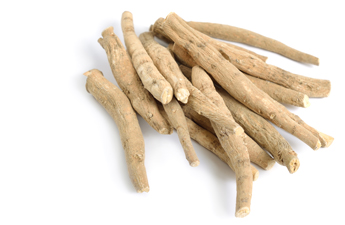If you suffer from hay fever or allergies, then you may have heard of histamine and its role in the allergic response. But what actually is histamine? And what causes histamine intolerance? Let’s take a closer look…

By Tamara Welsh, Happy Herbalist
What is histamine?
Histamine is a chemical messenger that is naturally found in some of the body’s cells. Many of us are familiar with the role of histamine in allergies, triggering sneezing, watery eyes and nose and itchiness of the skin due to contact with allergens such as pollens or animals. These classic allergy symptoms occur due to the histamine impact on vasodilation and capillary permeability i.e. histamine opens blood vessels and promotes swelling and inflammation.
As well as mediating these cellular responses of inflammation and allergy, histamine also plays a role regulating gut function, ovulation and the menstrual cycle, circadian rhythms and it also stimulates the brain. In other words, the right amount of histamine is healthy and necessary for many bodily functions. Normally our bodies can clear histamine as needed, but if there is excess histamine in the body, you may develop symptoms of histamine intolerance.
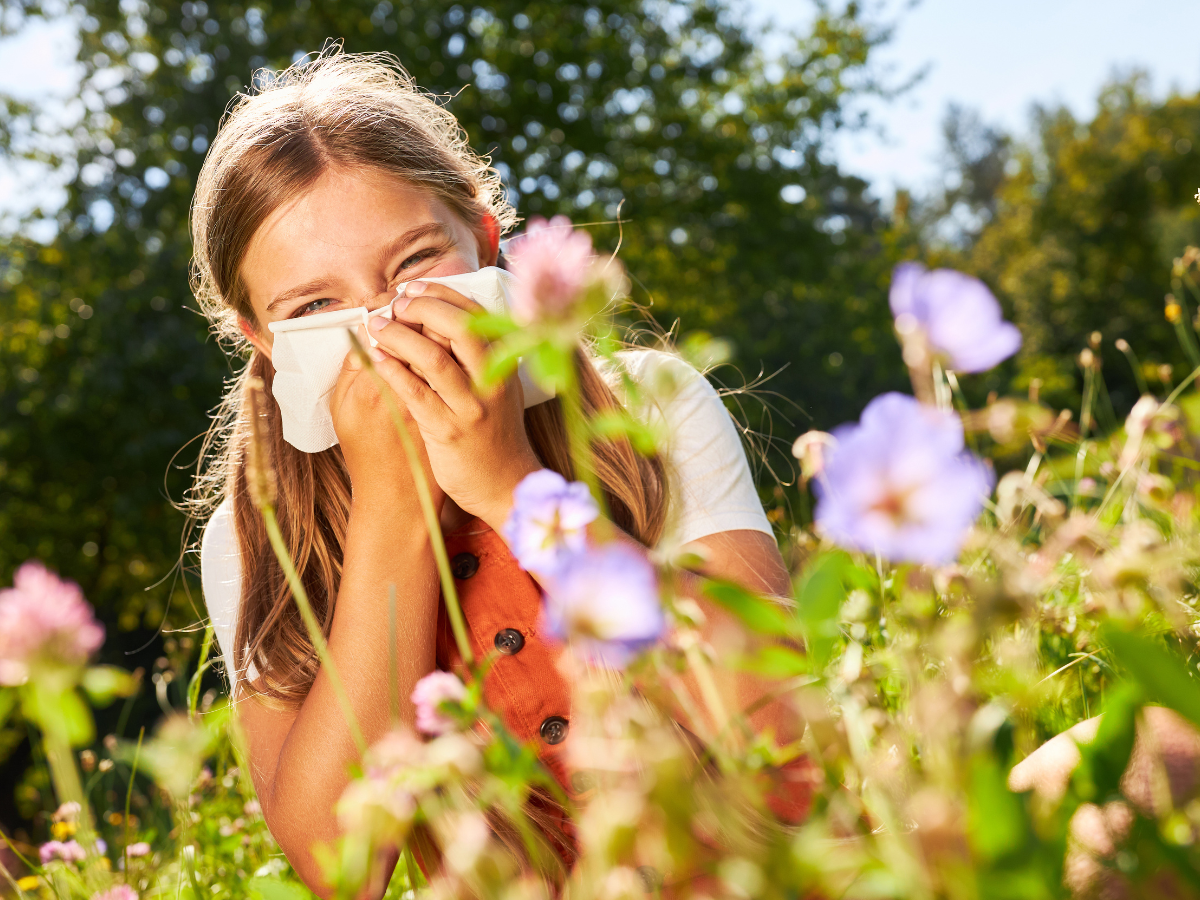
What are the symptoms of histamine intolerance?
Symptoms of histamine intolerance can be widespread throughout the body due to the many roles of histamine. They include:
- Swelling and itching of the nasal passages, sneezing, and coughing
- Headaches and sleep disturbances
- Skin itchiness, flushing or redness
- PMS and painful menstruation and headaches associated with the menstrual cycle
- Asthma and eczema
- Diarrhoea, reflux, abdominal pain
Histamine intolerance can occur via two mechanisms; increased histamine availability or impaired histamine clearance. I’ll explain a little more about these two mechanisms below.
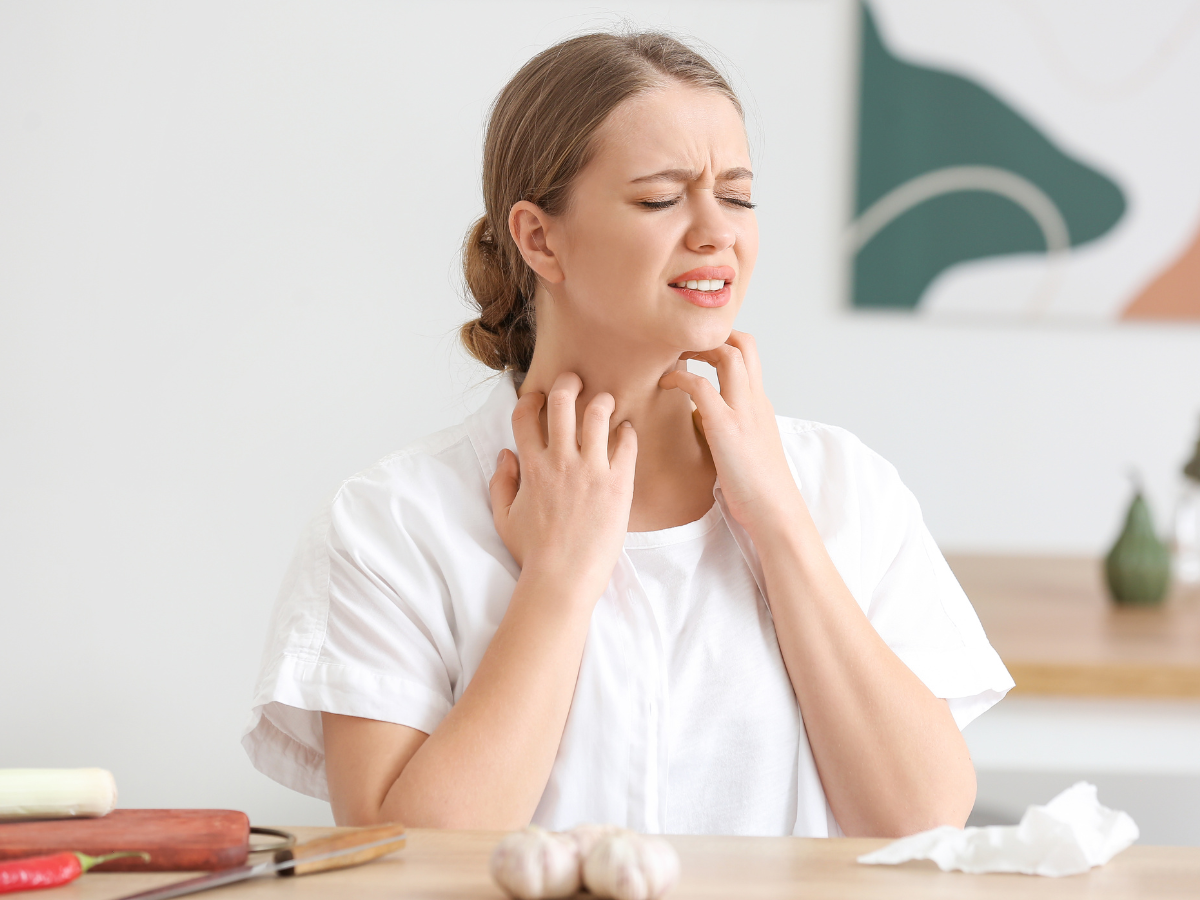
Increased histamine availability
As mentioned earlier, our bodies produce histamine but we can also consume histamine in our diets. If we create too much histamine and/or consume foods containing a lot of histamine, this can lead to increased histamine availability in the body and hence produce some of the symptoms outlined above. Therefore, people with histamine intolerance can often find a low histamine diet can help in reducing the amount of histamine in the body and thus reduce symptoms. It’s important to note that a low histamine diet is not considered a long-term solution to histamine intolerance. Instead, it is used to relieve symptoms while investigating the possible underlying causes such as dysbiosis in the gut microbiome, intestinal bleeding and of course allergies.
Foods can either stimulate histamine production or can contain histamine directly. These include cow’s dairy, fermented foods, alcohol, bone broths, chocolate, tomatoes, citrus, seafood and processed or cured meat, to name a few. As histamine is produced by many bacteria, foods that are fermented contain high amounts of histamine. Similarly, foods that aren’t fresh such as cured meats or even leftovers from the fridge also contain higher levels of histamine.
Impaired histamine clearance
It can also be the case that your body is slow to clear histamine. This may be due to genetics, medications, alcohol, disease in the gastrointestinal tract or due to a lack of the cofactors needed to break down histamine. Histamine degradation relies on two metabolic pathways that involve the enzymes diamine oxidase (DAO) and histamine-N-methyltransferase (HNMT). If these enzymes are impaired, histamine clearance can become sluggish. DAO is mostly responsible for degrading the histamine consumed in foods or created by our gut microbiota. The HNMT also plays a minor role in protecting against the absorption of dietary histamine from the intestines but its main role appears in clearing histamine in other areas of the body.
How can herbs help with histamine intolerance?
There are many herbs that can be really useful if you feel histamine intolerance is a problem for you. Working with a practitioner to find the root cause of your histamine woes is key to long-term success and will determine the herbs best suited for you.
To reduce symptoms, try a low histamine diet and lean on herbs known to inhibit the release of histamine such as Feverfew, Nettle Leaf, Nigella Seeds and St Mary’s Thistle. You may also like to consider taking Vitamin C, or upping Vitamin C rich foods and herbs to allow for DAO enzyme function and to assist in the degradation of histamine. The plant chemical compound quercetin also helps to inhibit histamine and works as an anti-inflammatory of the airways. Many foods and herbs contain quercetin including the culinary herbs dill, fennel, chives and oregano, so try adding these into your daily diet.
Herbs such as Eyebright and Goldenseal may also be used to support the mucous membranes of the respiratory tract. These herbs work to strengthen the tissues supporting the sinuses in the lead up to Spring. Echinacea and Astragalus may also be useful to support and modulate immune system function and prevent any secondary infections.
As you can see, histamine intolerance is a complex condition that often requires the help of a skilled natural health practitioner. If you’d like a more personalised plan feel free to reach out at [email protected].
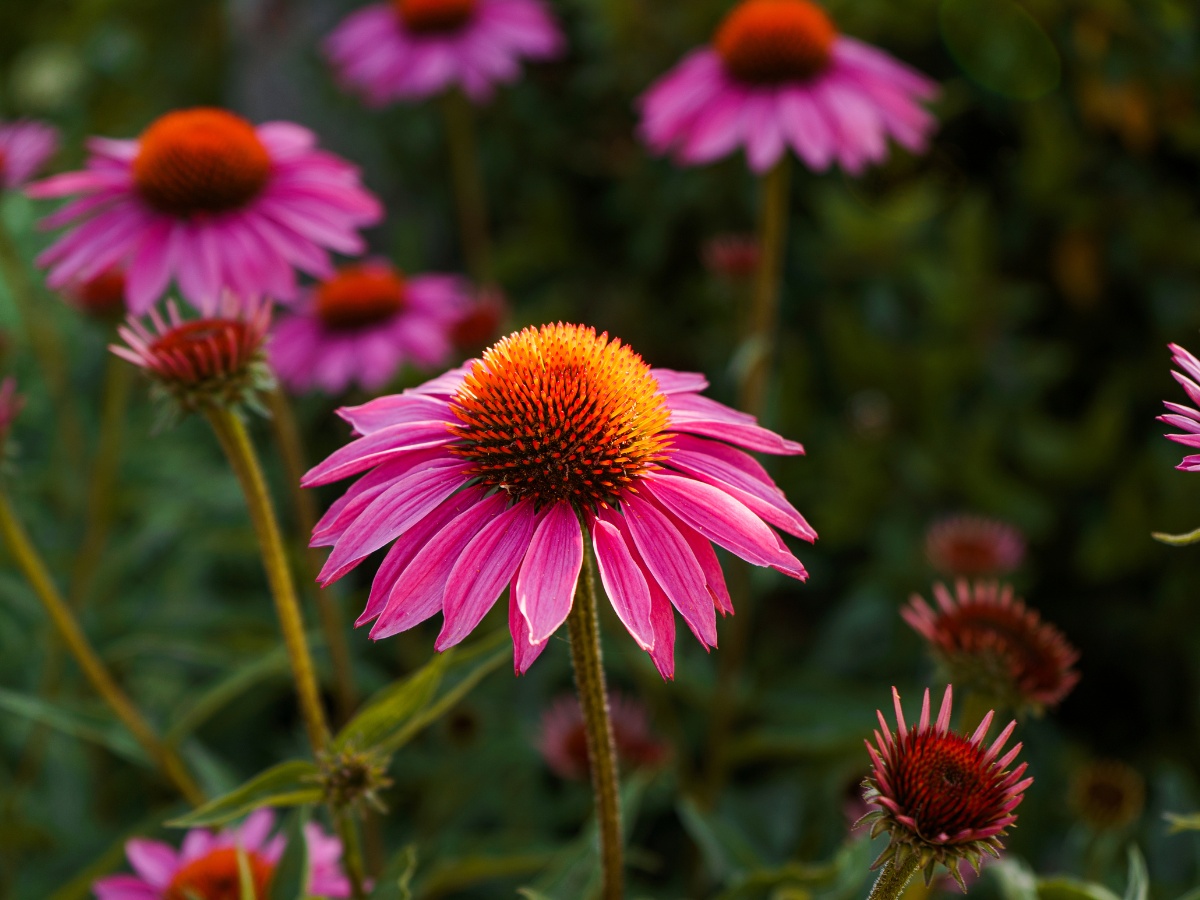
References
Comas-Basté O, Sánchez-Pérez S, Veciana-Nogués MT, Latorre-Moratalla M, Vidal-Carou MDC. Histamine Intolerance: The Current State of the Art. Biomolecules. 2020 Aug 14;10(8):1181. doi: 10.3390/biom10081181. PMID: 32824107; PMCID: PMC7463562.
Also by The Happy Herbalist
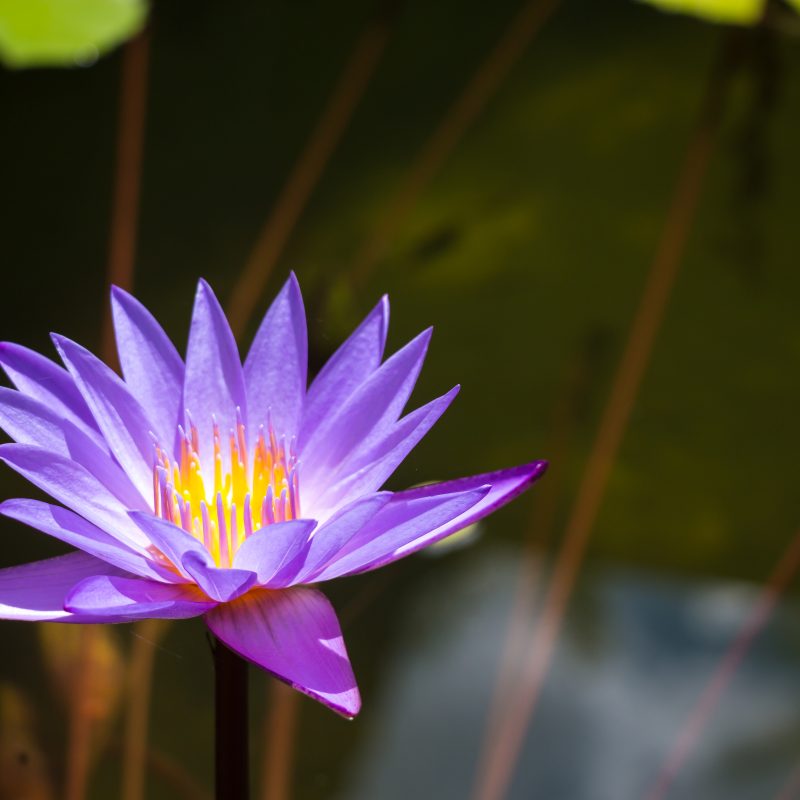

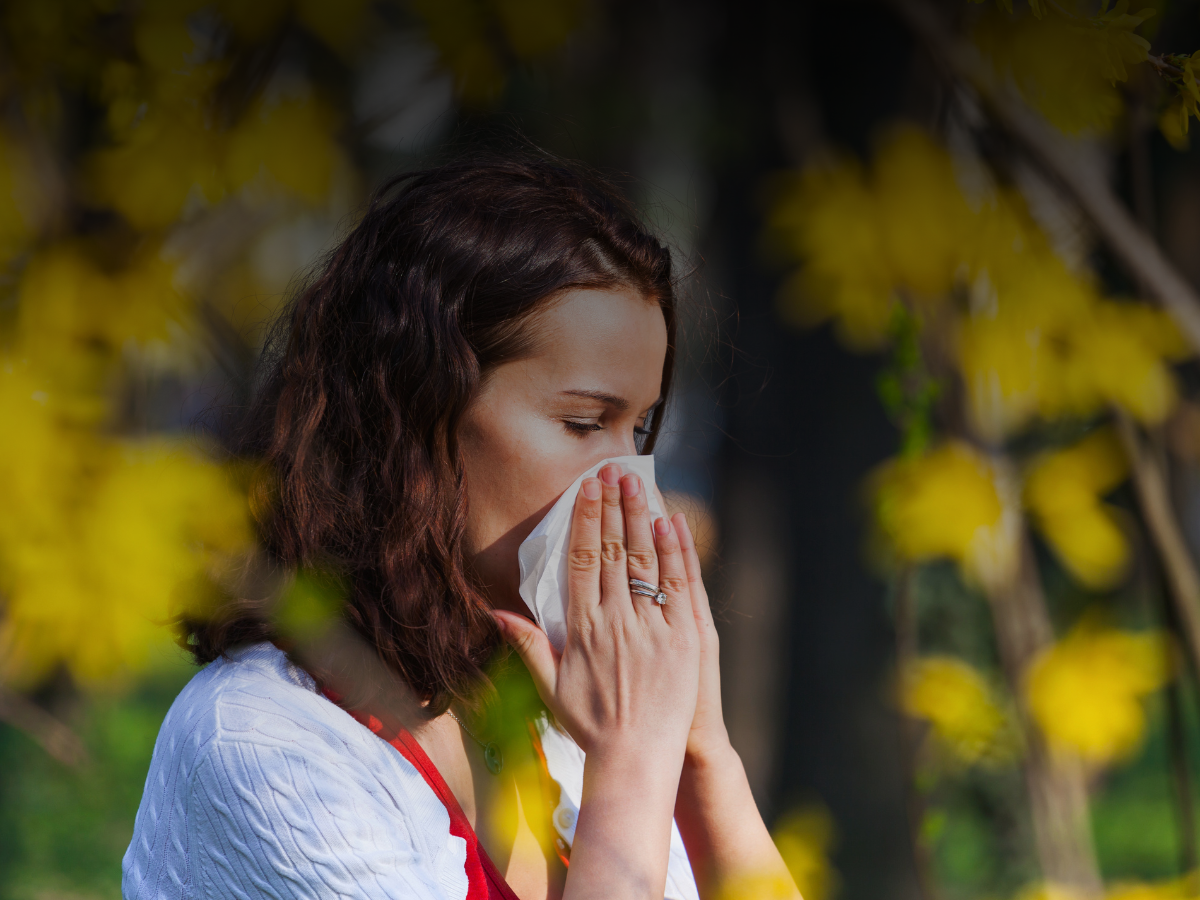


 Nextwave
Nextwave